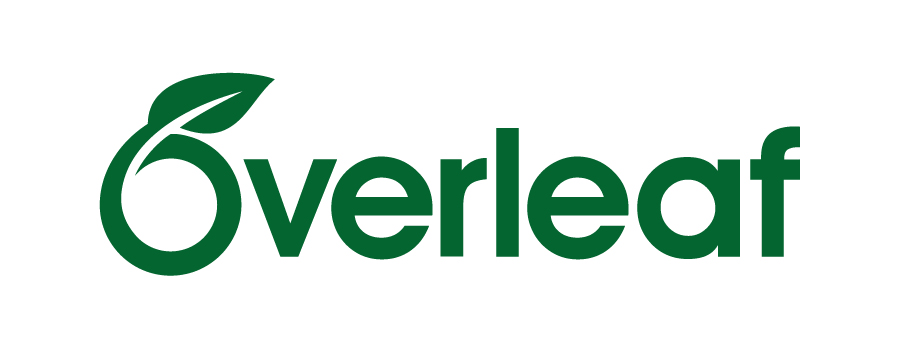Overleaf is widely known as an online LaTeX editor, but its collaborative features also make it useful in DevOps workflows. In this article, we’ll explore how Overleaf supports documentation, collaboration, and knowledge sharing in modern DevOps practices.
In DevOps, documentation is just as important as code. Teams need clear records of system designs, deployment processes, CI/CD pipelines, and incident postmortems. However, keeping documentation consistent and collaborative across distributed teams can be challenging. This is where Overleaf, the popular online LaTeX editor, comes in.
What is Overleaf?
DevOps emphasizes speed and automation, but without proper documentation, teams risk:
- * Miscommunication between developers and operations
- * Knowledge silos
- * Errors in deployment or incident recovery
- * Difficulty onboarding new team members
Documentation ensures that processes are transparent, repeatable, and scalable.
How Overleaf Fits into DevOps
1. Collaborative Documentation
DevOps teams can work together on technical runbooks, architecture diagrams, and infrastructure documentation in real time—similar to Google Docs but with LaTeX’s structured formatting.
2. Version Control
Overleaf integrates with Git, meaning documentation can be managed just like code. Teams can track changes, roll back mistakes, and maintain history.
3. Standardization with LaTeX
LaTeX ensures clean formatting for technical documents, making it easier to include code snippets, diagrams, and mathematical notations—often essential in DevOps documentation.
4. Knowledge Sharing
verleaf projects can be shared across the team or organization, ensuring that everyone has access to the latest updates and best practices.
Use Cases of Overleaf in DevOps
- * Runbooks & Playbooks: Standardized guides for handling incidents.
- * CI/CD Documentation: Explaining pipeline setup, workflows, and automation scripts.
- * Postmortems: Structured incident analysis for continuous learning.
- * Infrastructure Diagrams: Combining LaTeX with tools like TikZ for professional architecture diagrams.
- * Internal Wikis: Hosting centralized knowledge that evolves alongside the system.
Benefits for DevOps Teams
- * Increased collaboration and transparency
- * Easier onboarding with well-structured documents
- * Reduced downtime through clear incident processes
- * Better alignment between development, operations, and security teams
Takeaway
While Overleaf is often associated with academia, it can be a powerful tool for DevOps documentation. By combining collaboration, version control, and LaTeX’s flexibility, DevOps teams can create reliable, scalable documentation that matches the speed and precision of their workflows.
In DevOps, where automation and communication are key, Overleaf helps ensure documentation is never an afterthought—it’s part of the process.
“Documentation is not just about recording what was built, it’s about enabling others to build upon it.” — Gene Kim, co-author of The Phoenix Project
Tags
Latest Articles
Tips, tutorials, and stories from the world of web, mobile, and DevOps development.

AI in DevOps & Pipeline Automation
Smarter Workflows, Faster Delivery

Fixing the Infamous NullPointerException in Java
What is a NullPointerException?

Build the Future, One Line at a Time
From Beginner Basics to Expert-Level Development
